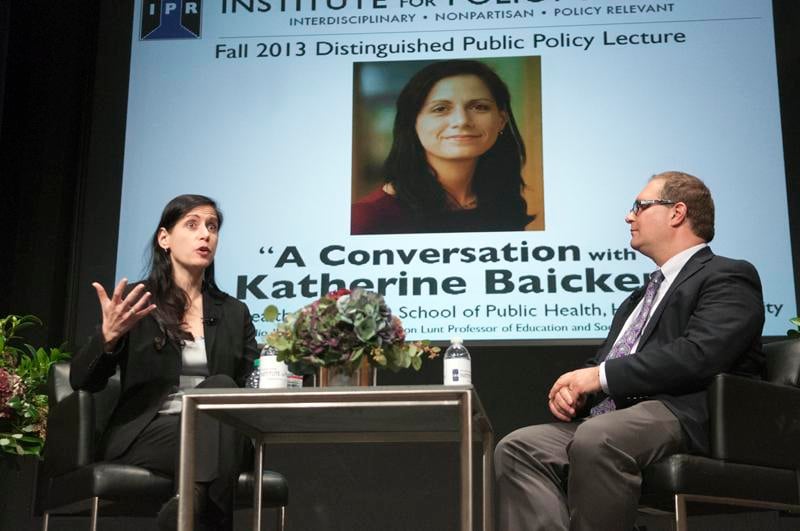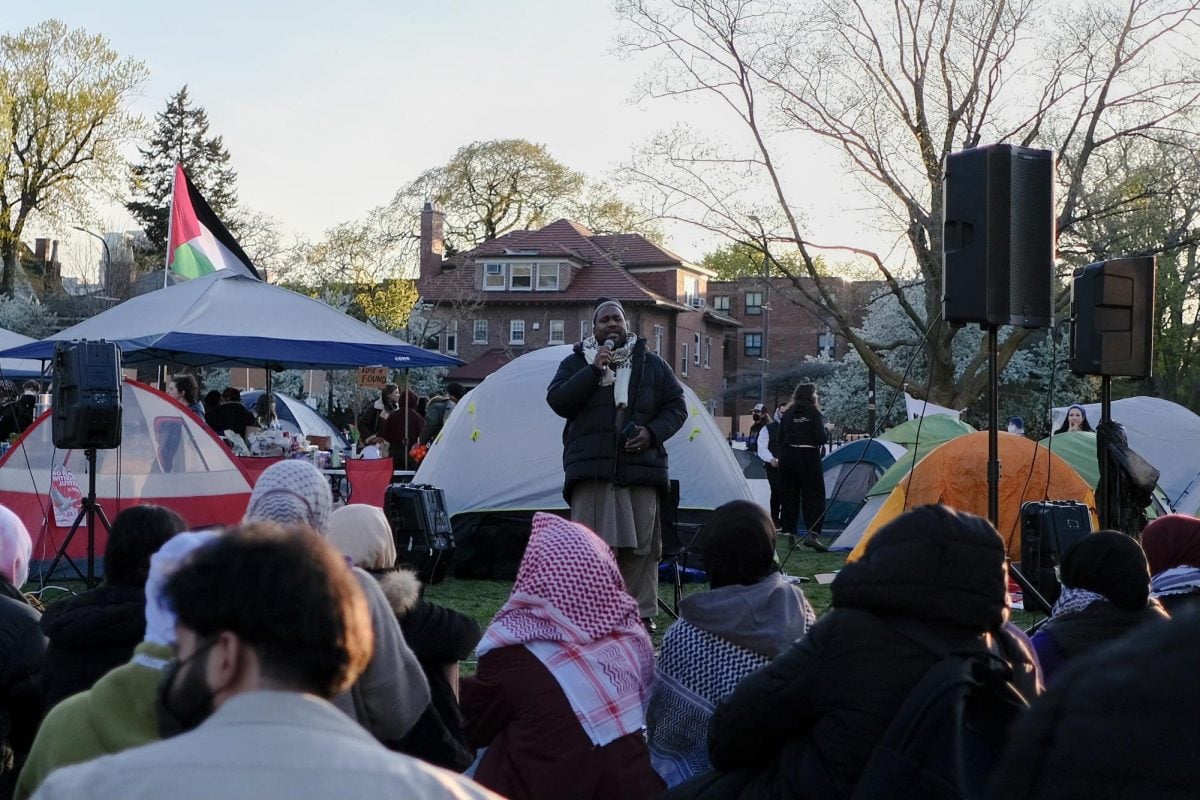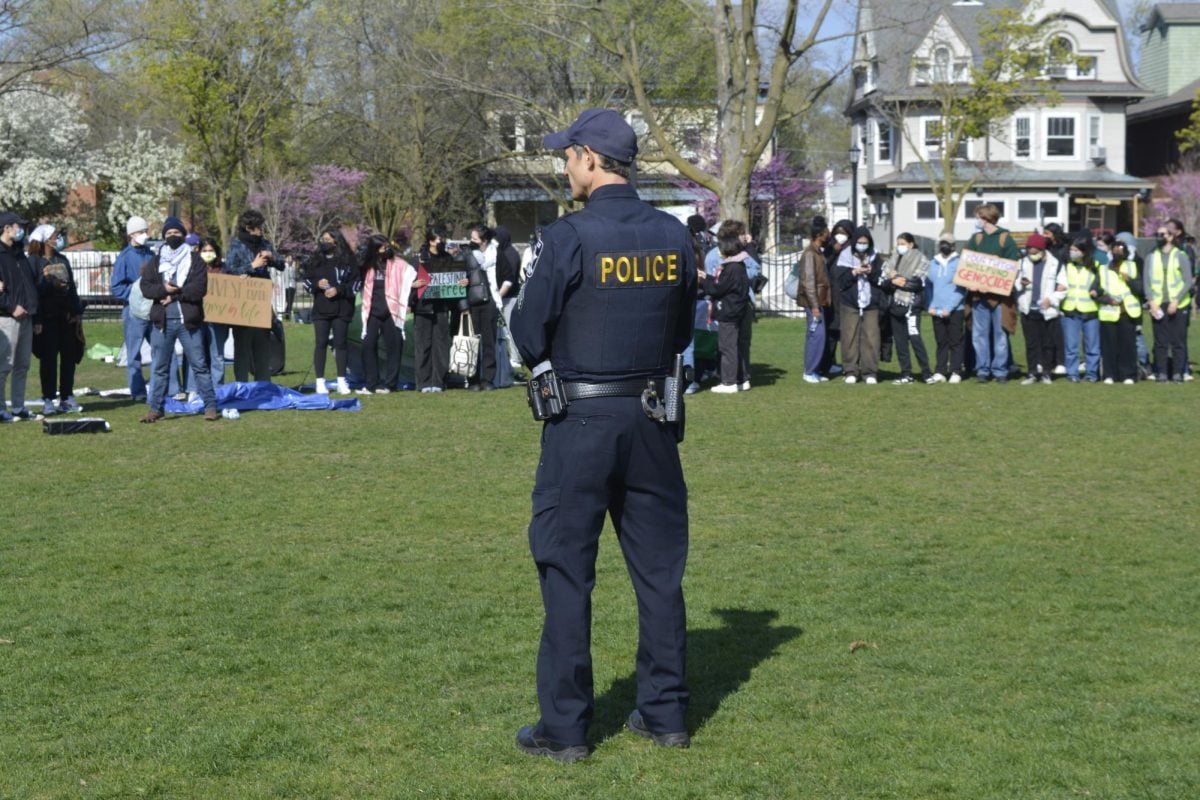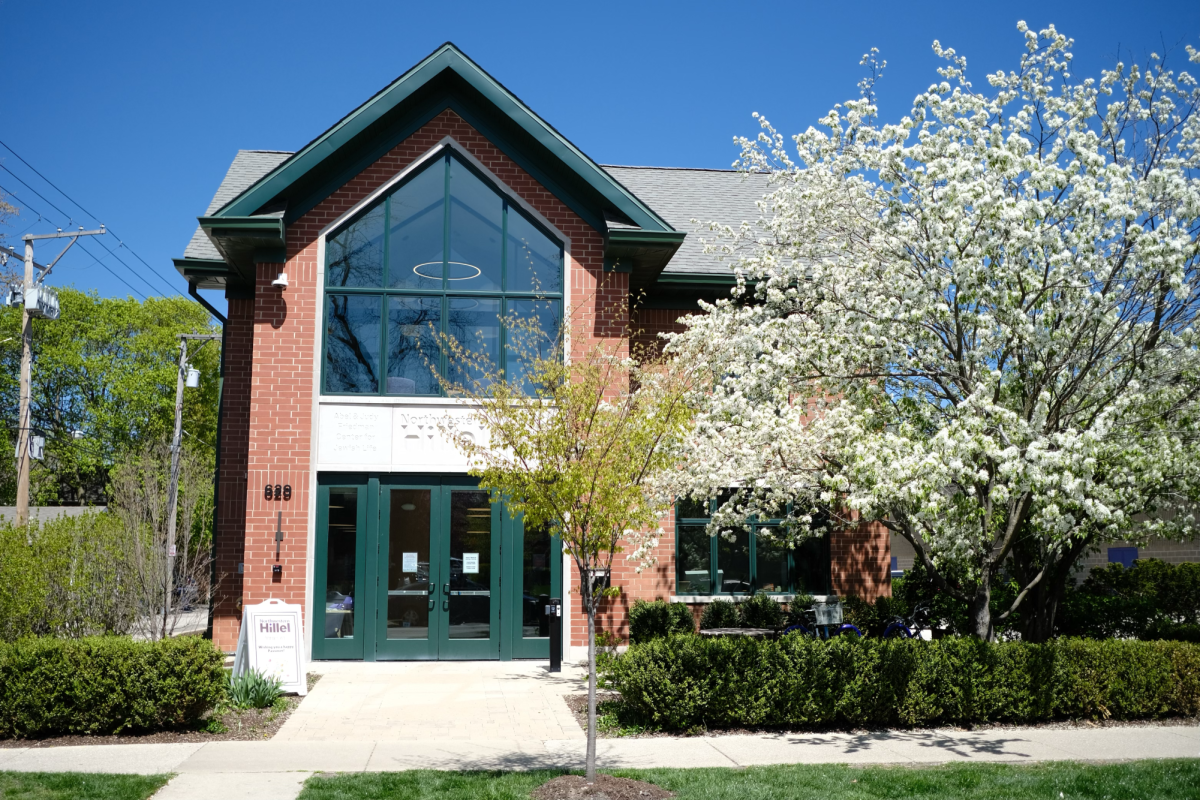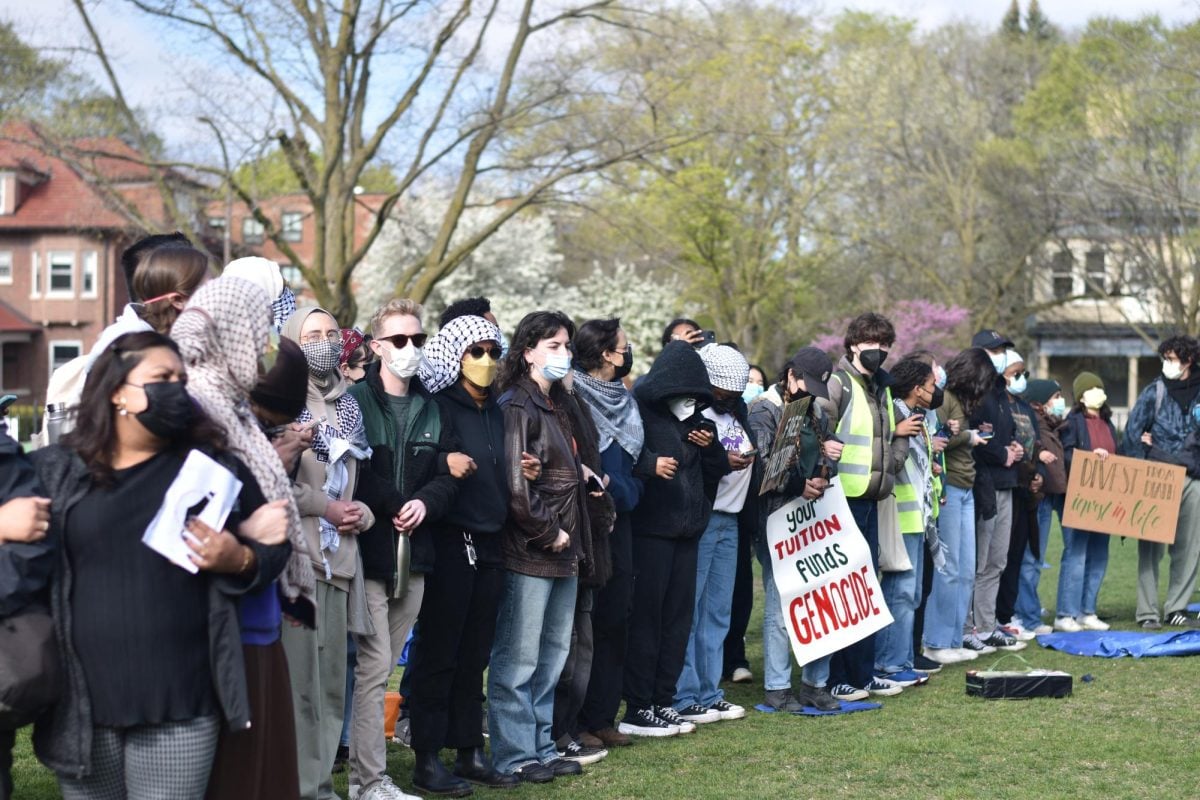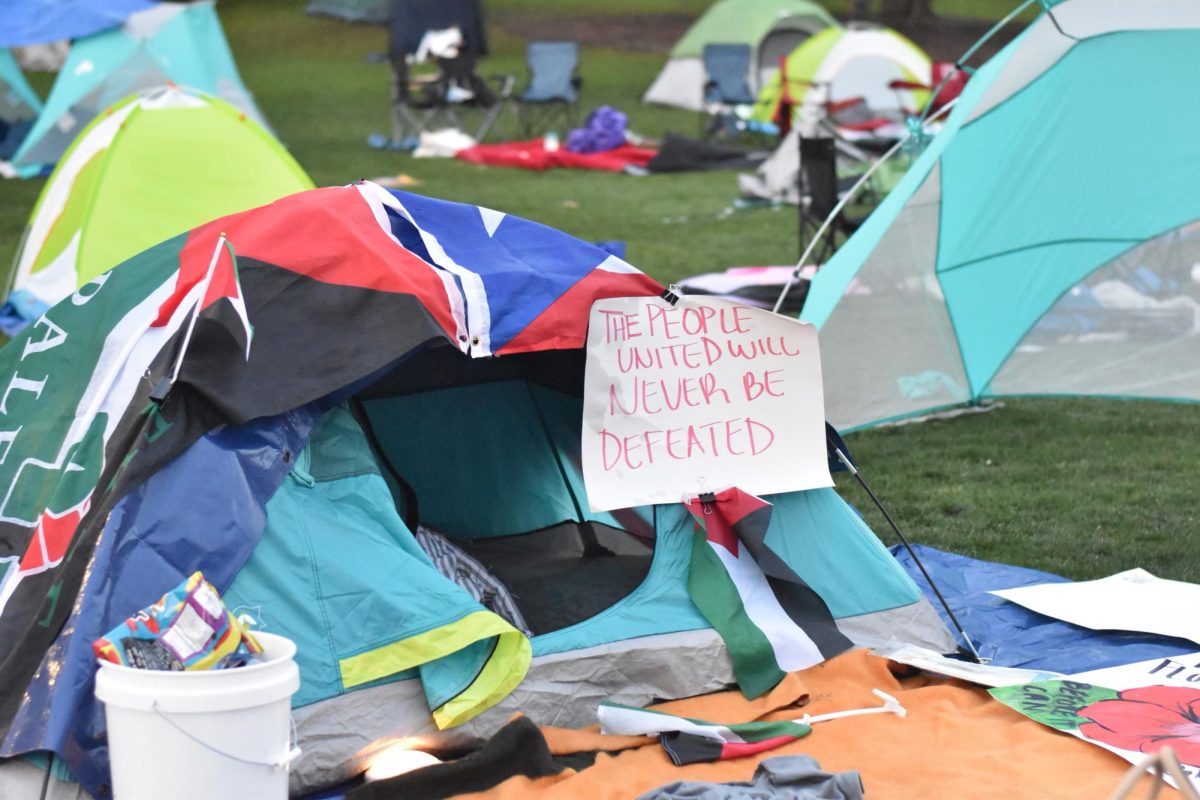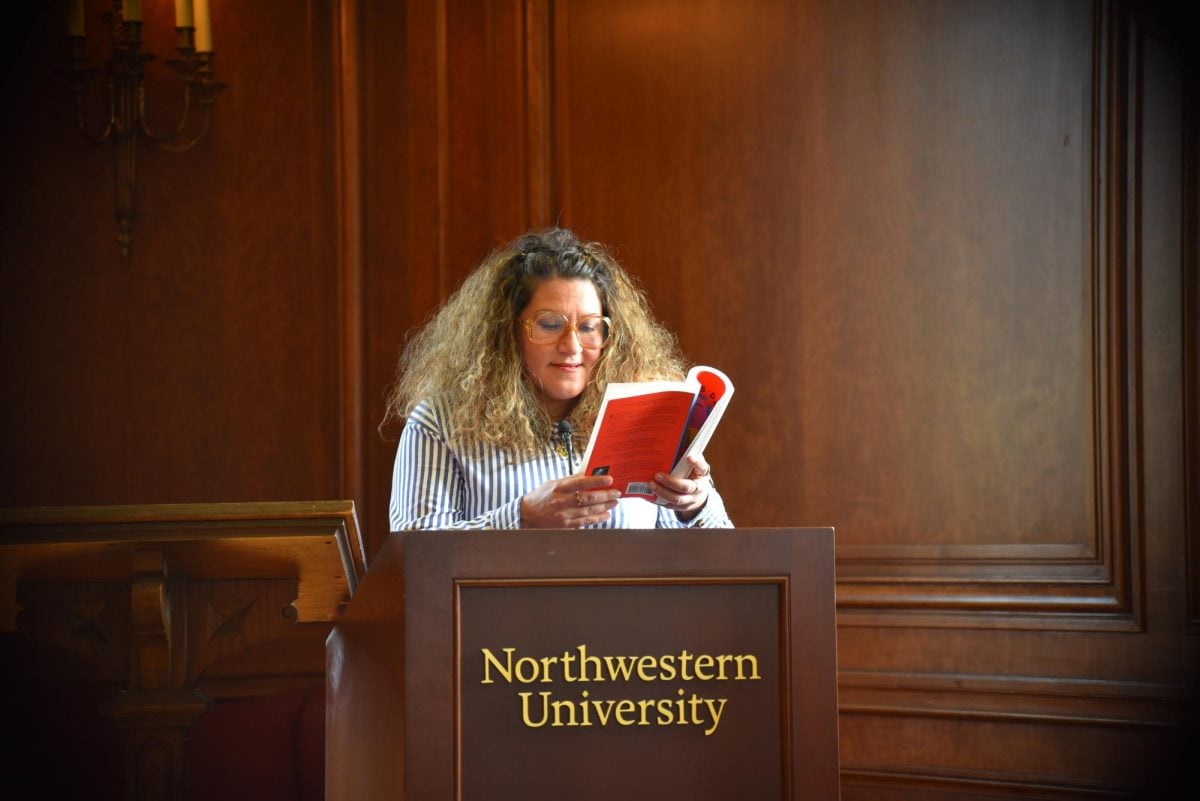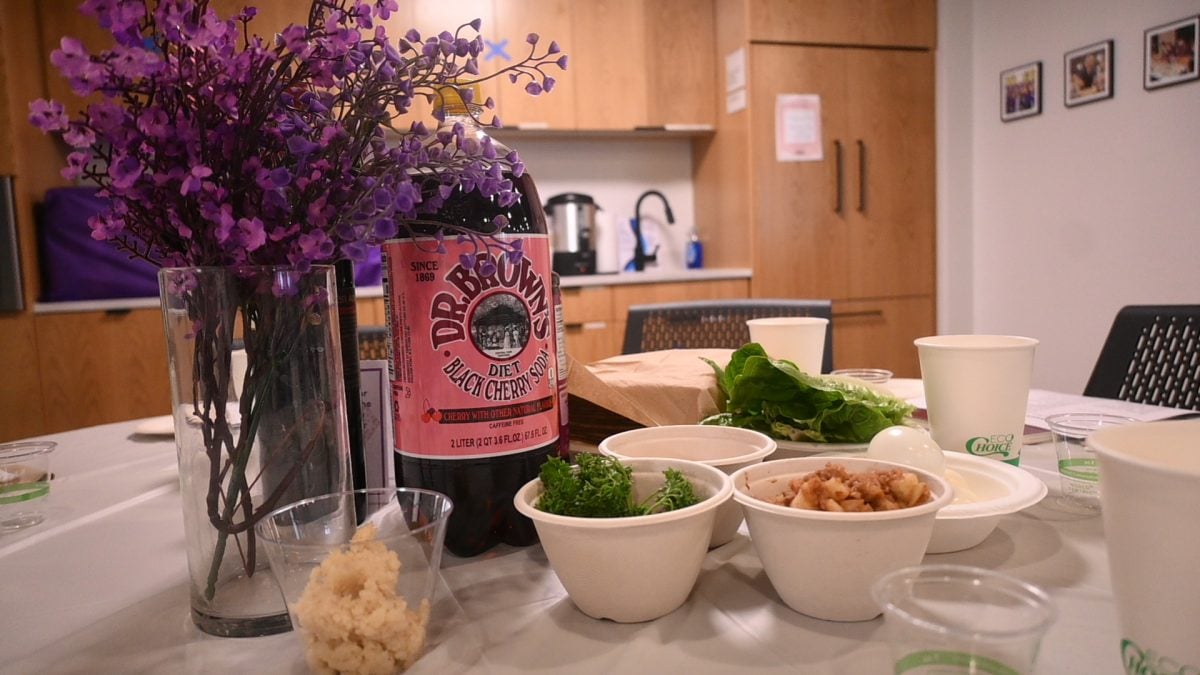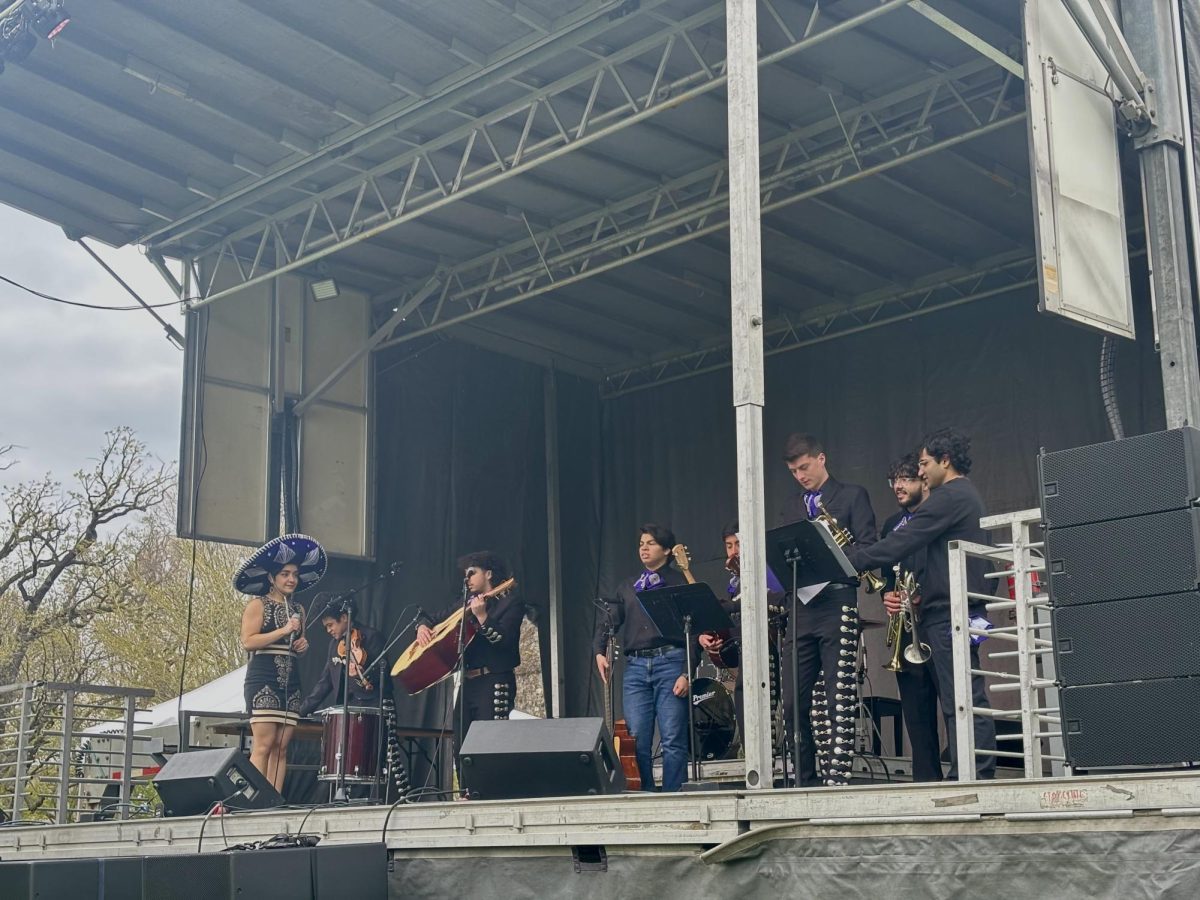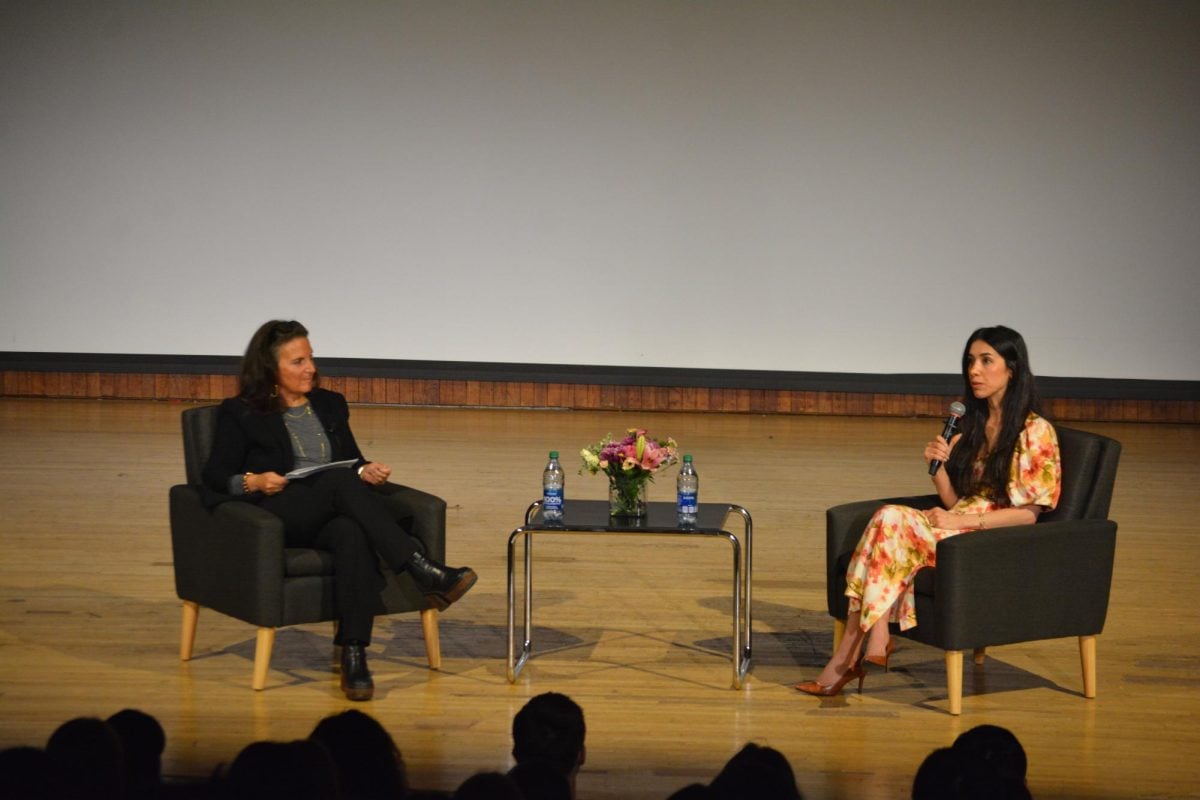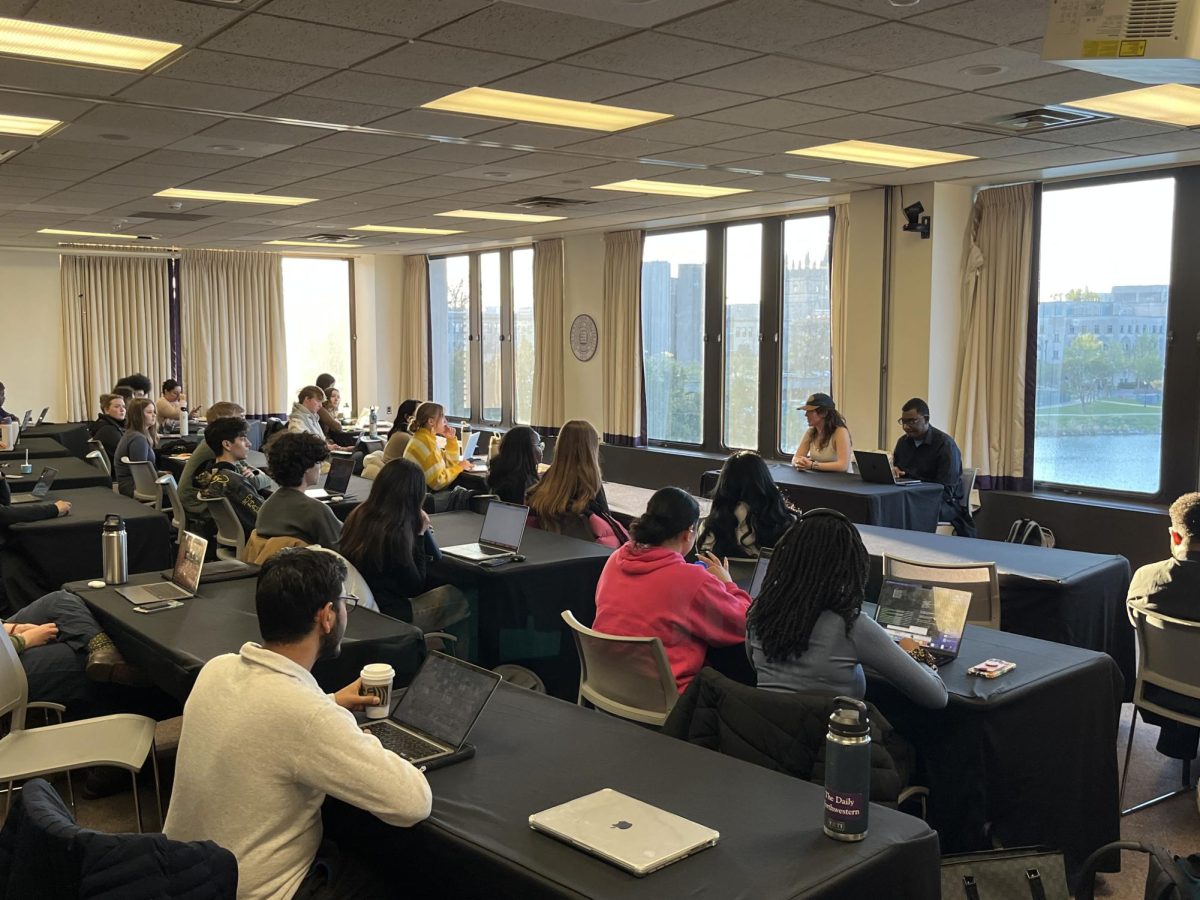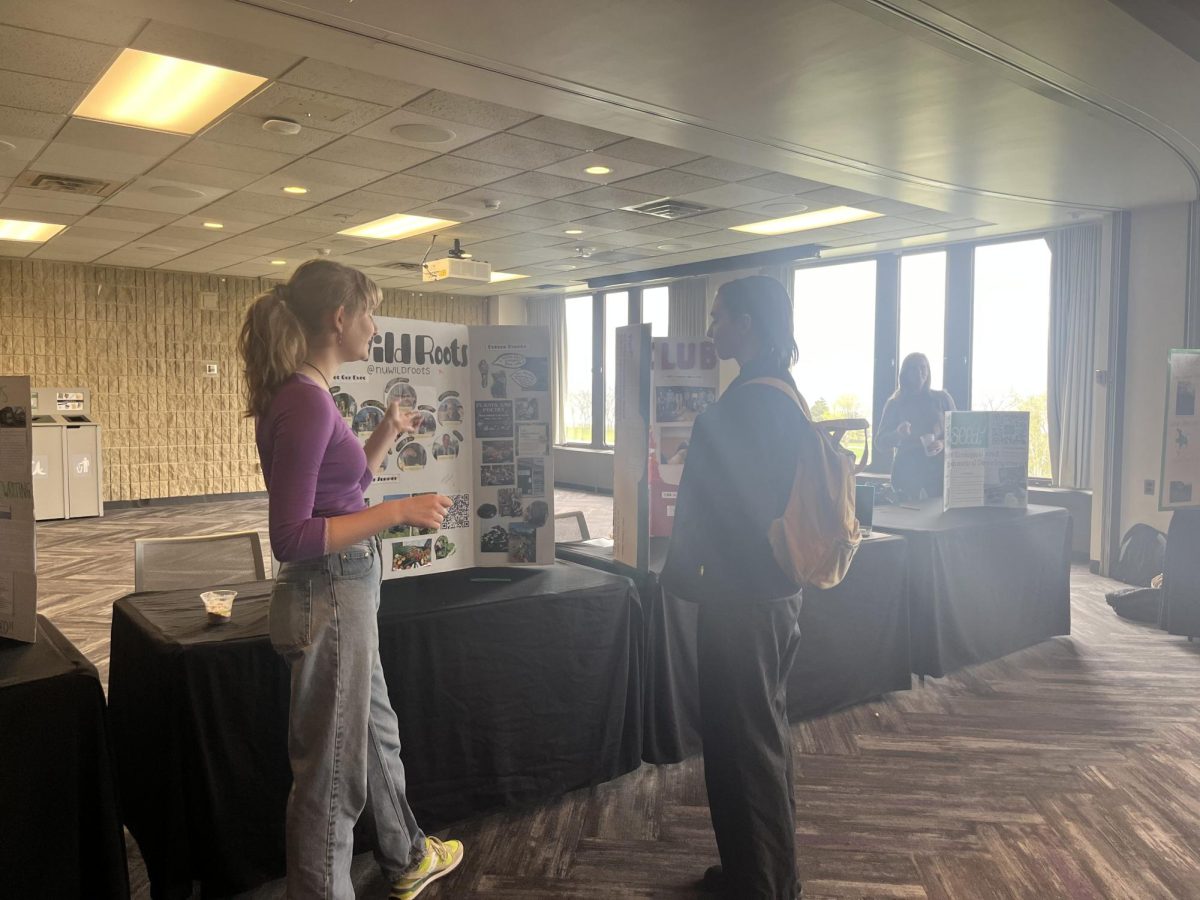Harvard University health economics Prof. Katherine Baicker discussed her findings in a study on public health insurance and her academic and political experience Monday at Northwestern.
Baicker is the co-principal investigator of the Oregon Health Insurance Experiment, which examined the health of Medicaid recipients and that of a control group. The study reported “that Medicaid coverage generated no significant improvements in measured physical health outcomes in the first 2 years,” although it found increased use of preventive services and better mental health.
Baicker spoke as the Fall 2013 Distinguished Public Policy Lecturer for NU’s Institute for Policy Research, an interdisciplinary public policy research institute that hosts events throughout the year.
IPR Director David Figlio moderated the talk, during which Baicker explained her experiment and the ways that Oregon’s Medicaid lottery affected her investigation.
“The people in Oregon were fantastic to work with and they really, genuinely wanted information. …They let us know as soon as they drew a new batch of names. They made sure we knew right away,” she said.
About 85 people, predominantly NU graduate students and professors from inside and outside the University, attended the talk at the McCormick Tribune Center. University President Morton Schapiro was also in attendance.
Despite being an economist, Baicker described her foray into health science during her time working with the Oregon experiment. In one example, she noted that she and her fellow researchers discovered certain anomalies in testing subjects with more health risk factors.
“We did a dry run on our target population and we got terrible blood spots,” Baicker said. “If you are overweight, if you are a smoker, if you’re dehydrated, if you have a lot of other health conditions, you don’t bleed as profusely as if you require eight waters everywhere you go.”
Baicker also outlined her other experiences with adapting to fields outside of academia, such as previously serving on the Council of Economic Advisers for the Executive Office of the President.
“It’s a whole different world (in Washington, D.C.). …It takes a little bit of an ear attuned to those norms to operate efficiently and effectively in that world,” Baicker said. “That’s something that a lot of academics just have no patience for.”
Sociology Prof. Christine Percheski, an IPR faculty member, said she saw the value in Baicker’s cross-disciplinary experience.
“It was fascinating to hear about her experience in government,” Percheski said. “She provided much interesting insight — both in the real world with policy and (in academics) about policy.”
In a Q-and-A session following the lecture, Baicker also gave advice to graduate social scientists.
“It’s really important to be practical if you want your advice to be influential,” she said. “I, for one, am very excited about moving some very influential person’s opinion by an inch versus moving (the opinion of) people I talk to by a foot.”
Email: [email protected]
Twitter: @prestonmich

